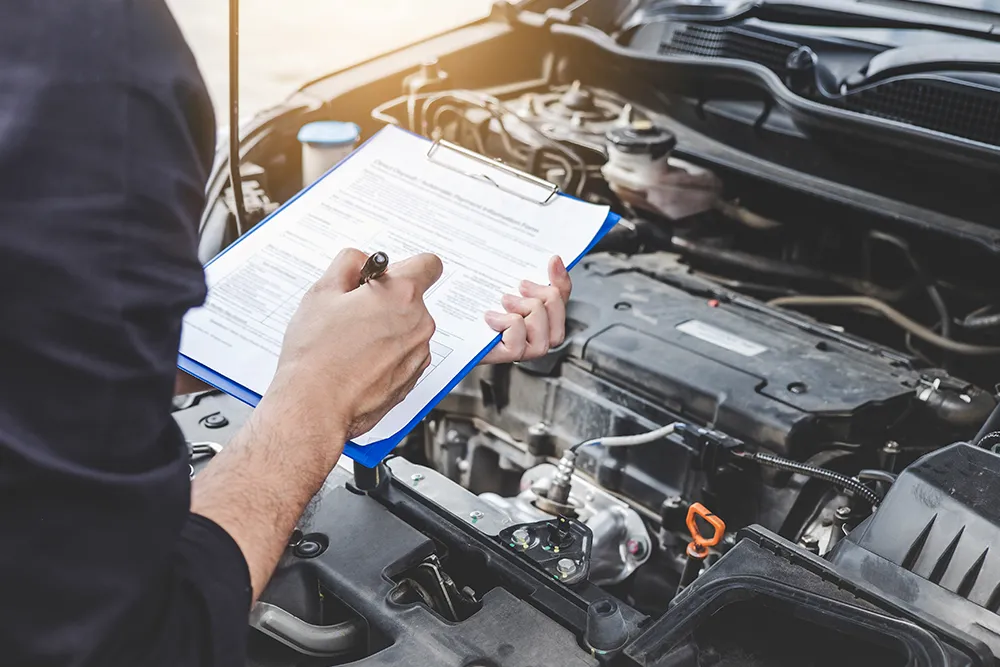If you’re considering buying a used car, a pre-purchase inspection is an essential step in the process. But what exactly does a pre-purchase inspection entail? Here’s what you can expect during this thorough examination of a vehicle’s condition.
First and foremost, a pre-purchase inspection involves a comprehensive assessment of the vehicle’s exterior and interior. This includes checking for signs of rust, corrosion, or damage to the body and frame. A qualified mechanic will also inspect the upholstery, dashboard, and other interior components for signs of wear or damage.
Next, the mechanic will focus on the vehicle’s mechanical systems. This includes inspecting the engine, transmission, brakes, suspension, steering, and exhaust systems for any signs of wear, damage, or malfunction. They will also check the fluid levels and condition, as well as the condition of the tires and brakes.
Electrical systems are also a crucial part of the pre-purchase inspection process. The mechanic will test the vehicle’s battery, alternator, and starter to ensure they function correctly. They will also check all lights, signals, and other electrical components to ensure they are in good working order.
One crucial aspect of a pre-purchase inspection is evaluating the vehicle’s safety features and systems. This includes checking the functionality of seat belts, airbags, and other safety equipment to ensure they are in proper working order. Additionally, the mechanic will inspect the vehicle’s structural integrity to assess its crashworthiness and overall safety rating. Thoroughly evaluating these aspects ensures you invest in a vehicle that will keep you and your passengers safe on the road.
Finally, a pre-purchase inspection may include a road test to assess the vehicle’s performance and handling. The mechanic will listen for any unusual noises, vibrations, or warning signs that could indicate underlying issues with the vehicle’s drivability.
A pre-purchase inspection is a comprehensive examination of a vehicle’s condition, designed to provide valuable insights for potential buyers. By knowing what to expect during the inspection process, you can make informed decisions and avoid potential pitfalls when buying a used car.


